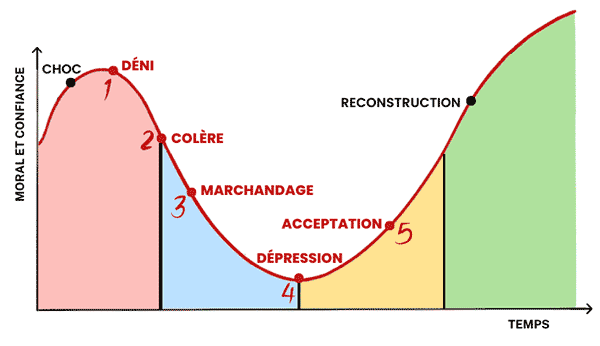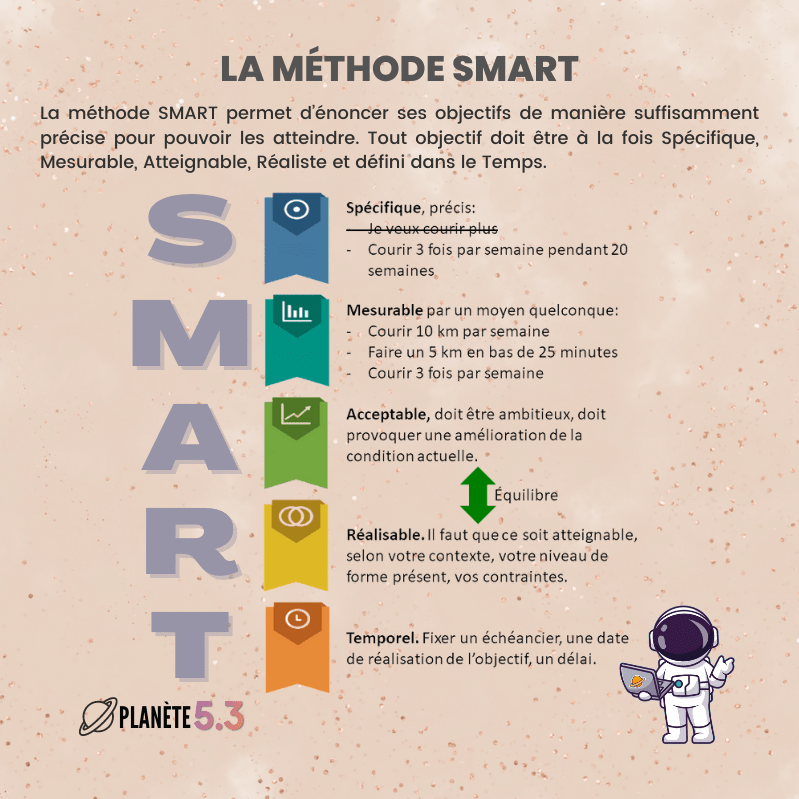The estrogen-progestogen pill increases cardiovascular risks (just like the patch). From the age of 38, women with other cardiac risk factors will therefore have to change contraception. As soon as we swallow the smoke and exceed 5 cigarettes per day, it becomes imperative to choose: tobacco or pill! Ditto for hypertensive women, diabetics, who have too much weight, cholesterol or triglycerides. Those who have a personal or family history of phlebitis or pulmonary embolism are also prohibited from taking the classic pill. Too bad, because its tablets often allow you to pass the bad years “gently”.
“When the woman wishes at all costs to keep oral contraception, it is often possible to prescribe a progestogen micro-pill (without estrogen), which does not have cardiovascular consequences, specifies Dr. David Elia, gynecologist. On the other hand, not possible in the event of heart failure, severe liver disease, breast cancer or uterus.
The gynecologists then propose the installation of a IUD (intrauterine device), either in its copper version, if the periods are not too profuse or too irregular – a problem that it would tend to worsen -, or in the form of a progesterone IUD, which eliminates the rules . Nearly 35% of women choose the IUD option over the age of 40.
Another solution, the permanent contraception, in other words sterilization. It is based on two techniques: the traditional tubal ligation under laparoscopy (with general anesthesia) or the placement of intra-tubal implants under hysteroscopy. Being performed on an outpatient basis, the latter is often preferred. No question of playing with fire: even if fertility drops very seriously after 45 years, pregnancy is still possible.













